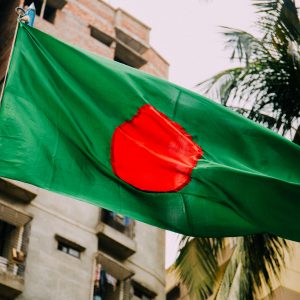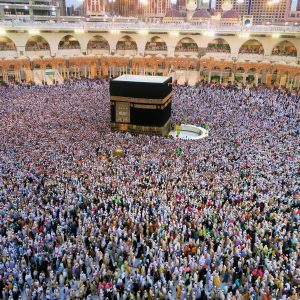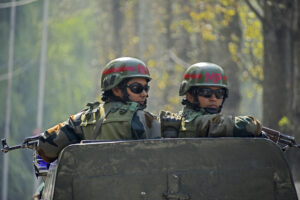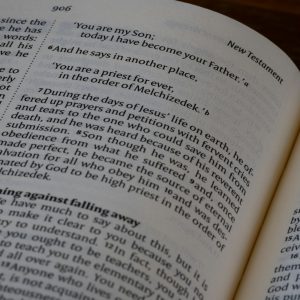Anti-regime protesters on the march in south Syria
Beirut, Lebanon — AFP
More than 2,000 people marched in the government-held city of Sweida in southern Syria in an anti-regime protest movement that is getting stronger, an activist and a witness said.
The protests in Sweida province, the heartland of the country’s Druze minority, began after President Bashar al-Assad’s government ended fuel subsidies in August, dealing a heavy blow to Syrians already reeling from war and a crippling economic crisis.
“We don’t want you, Bashar!” and “We will have freedom in spite of you!” demonstrators chanted.
“The scale of the protest is because the presence of women is making itself felt. All social classes are there,” activist Rayan Maarouf said.
He said the protesters in Sweida city centre had come from all over the province.
Maarouf and a witness said around 2,000 demonstrators gathered in the city’s Al-Karama Square, shouting anti-Assad slogans and waving multi-coloured Druze flags.
The witness said similar protests were taking place across the province.
Discontent at the cost of living has also hit other areas of southern Syria, notably Daraa province which was the cradle of Syria’s 2011 uprising which Assad’s regime crushed brutally, plunging the country into a bloody civil war.
The Druze, who made up less than three percent of Syria’s pre-war population, have largely stayed out of the conflict.
Sweida has also been mostly spared the fighting, facing only sporadic attacks by violent groups.
Anti-regime protests have become regular in Sweida, but there have been smaller demonstrations in Jassem, Bosra and Daraa.
Syrian security forces have a limited presence in Sweida province, and Damascus has turned a blind eye to Druze men refusing to perform their compulsory military service outside the province.
In recent days protesters have attacked symbols of the Assad regime, including tearing up portraits of the current president’s father, Hafez al-Assad.
Syria’s currency, the pound, has lost most of its value against the US dollar since 2011, and Western sanctions have compounded the country’s economic woes.
Most of the population has been pushed into poverty, according to the United Nations.
Syria’s war has killed more than half a million people since 2011.











